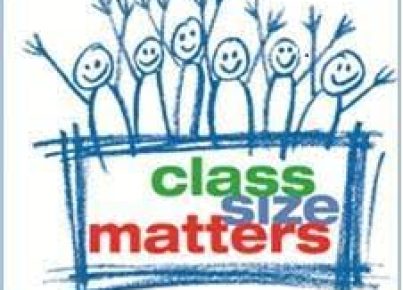Introduction:
In today’s fast-paced world, the integration of technology and artificial intelligence in various aspects of our lives has brought numerous benefits. Among these innovations is the use of AI writing systems, such as Ebac Humanities. As with any technological advancement, opinions vary when it comes to the usefulness and ethical implications associated with this system. This article will discuss Ebac Humanities and assess whether it is a savior or a curse.
What is Ebac Humanities?
Ebac Humanities is an AI-powered writing system designed to assist users in generating high-quality content across various fields, such as academic research, journalism, marketing, politics, and literature. This cutting-edge technology uses natural language processing (NLP) and machine learning algorithms to comprehend complex topics and produce coherent, engaging content that aligns with the user’s intentions.
The Savior Side:
1. Saves Time: AI-driven writing systems like Ebac Humanities can significantly cut down the time spent brainstorming ideas or researching information. These systems can process vast amounts of data quickly without losing track of context and intricate subject matters.
2. Enhances Creativity: Contrary to popular belief, AI writing systems may enhance human creativity by providing unique perspectives on familiar subjects. Machine learning models are capable of generating innovative ideas that humans might not have considered before.
3. Democratizes Content Creation: By producing meaningful articles within minutes, less experienced writers or non-writers can easily generate professional-level content. It can help convert creative ideas from people without strong writing skills into engaging pieces.
The Curse Side:
1. Erosion of Creativity: Some argue that a reliance on AI-generated content could lead to an erosion of human creativity in the long run. Writers might feel threatened or discouraged from putting in their best work when machines can generate similar content at a much faster rate.
2. Job Losses: Although its effect on job losses in the writing industry is still debatable, critics argue that it could contribute to unemployment. If machines continue to outperform humans in content creation, companies might prefer AI-powered writing systems over human writers to cut down costs and increase efficiency.
3. Plagiarism: Some AI-generated content may be flagged for similarity or plagiarism issues, particularly if not cited or attributed appropriately. While AI platforms have algorithms designed to avoid plagiarism, instances of accidental overlap with existing content due to vast data training sets can occur.
Conclusion:
Ebac Humanities, like any other AI-powered writing system, has its pros and cons. It can save time, enhance creativity, and democratize content creation but at the same time may have consequences like eroding creativity, jeopardizing job security, and raising plagiarism concerns. Individual users should carefully weigh these factors before deciding whether to adopt these technologies into their writing processes. Integration of AI in the field of writing should always be viewed as an enhancement of human capability rather than a replacement for it.





